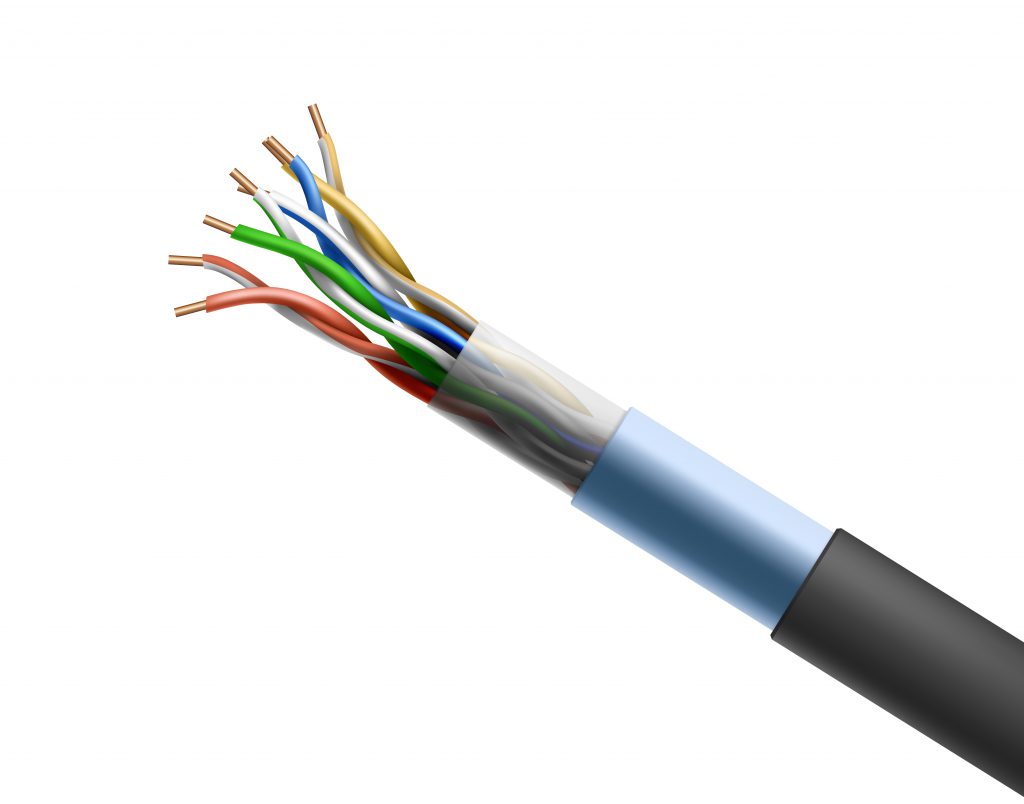Aluminum electric wires and cables
Aluminum cables are a popular choice in the electrical industry due to their physical and financial advantages. Along with being more cost-effective than copper, aluminum cables are also much lighter in weight while maintaining the same conductivity. This light weight makes them a popular choice in projects where weight is a major factor, such as in load-bearing constructions or where the cables need to be installed in difficult-to-reach areas.
In addition to being lightweight, aluminum cables are also corrosion-resistant, making them an ideal choice for use in harsh environments. They also have a higher tensile strength than copper cables, which means they can handle higher levels of stress without breaking or deforming. This strength and resistance to damage make them a reliable choice for long-term use in applications where they may be exposed to rough conditions or wear and tear.
Another advantage of aluminum cables is their ability to handle high temperatures. They have a higher melting point than copper cables and can handle higher current loads without overheating. This makes them ideal for use in applications where high temperatures are common, such as in industrial settings or power plants.
Overall, aluminum cables offer a range of physical advantages that make them an attractive choice for many applications. They are strong, lightweight, corrosion-resistant, and can handle high temperatures, making them a reliable and cost-effective choice for a variety of electrical needs.




